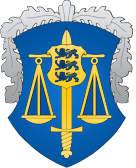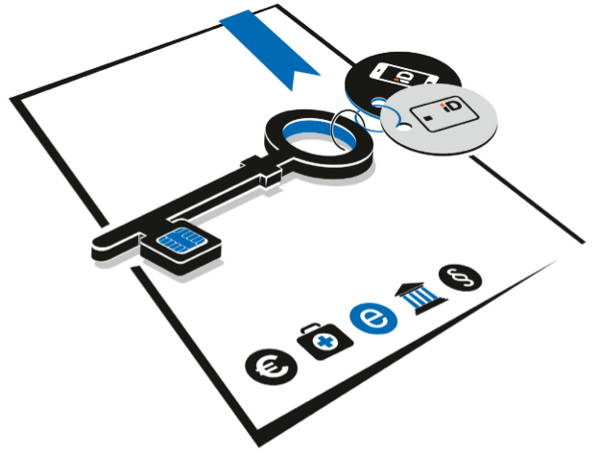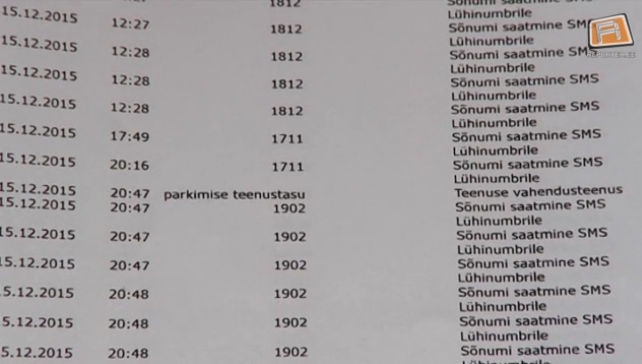
The acquittal of writer Kaur Kender, accused of producing child pornography, because he wrote his text abroad that is therefore not subject to Estonian legislation shows that laws need to be taken into conformity with the digital age,” finds Jaan Ginter, professor of criminology at the University of Tartu.
Tallinn Circuit Court acquitted Kender a week ago because he was in Michigan, USA when his infamous short story “UNTITLED 12” was published, while the server of publisher nihilist.fm is located in the United Kingdom. Kender was beyond the reach of Estonian laws.
When a digital-age person with no knowledge of the law reads the court’s decision, they will find it very surprising Kaur Kender’s case does not fall in the jurisdiction of Estonian courts at all. Kender’s text was aimed at the Estonian market. [..] The location of a digital services provider – the location of computers used to offer the service – should not matter these days. [..] No one, including myself, has given comprehensive thought to what the criminal jurisdiction of online texts could be; however, it is clear laws are evolving, and that the location of the server cannot be the decisive factor.
Links:
https://news.postimees.ee/4281829/kender-s-case-points-to-necessity-of-changes








